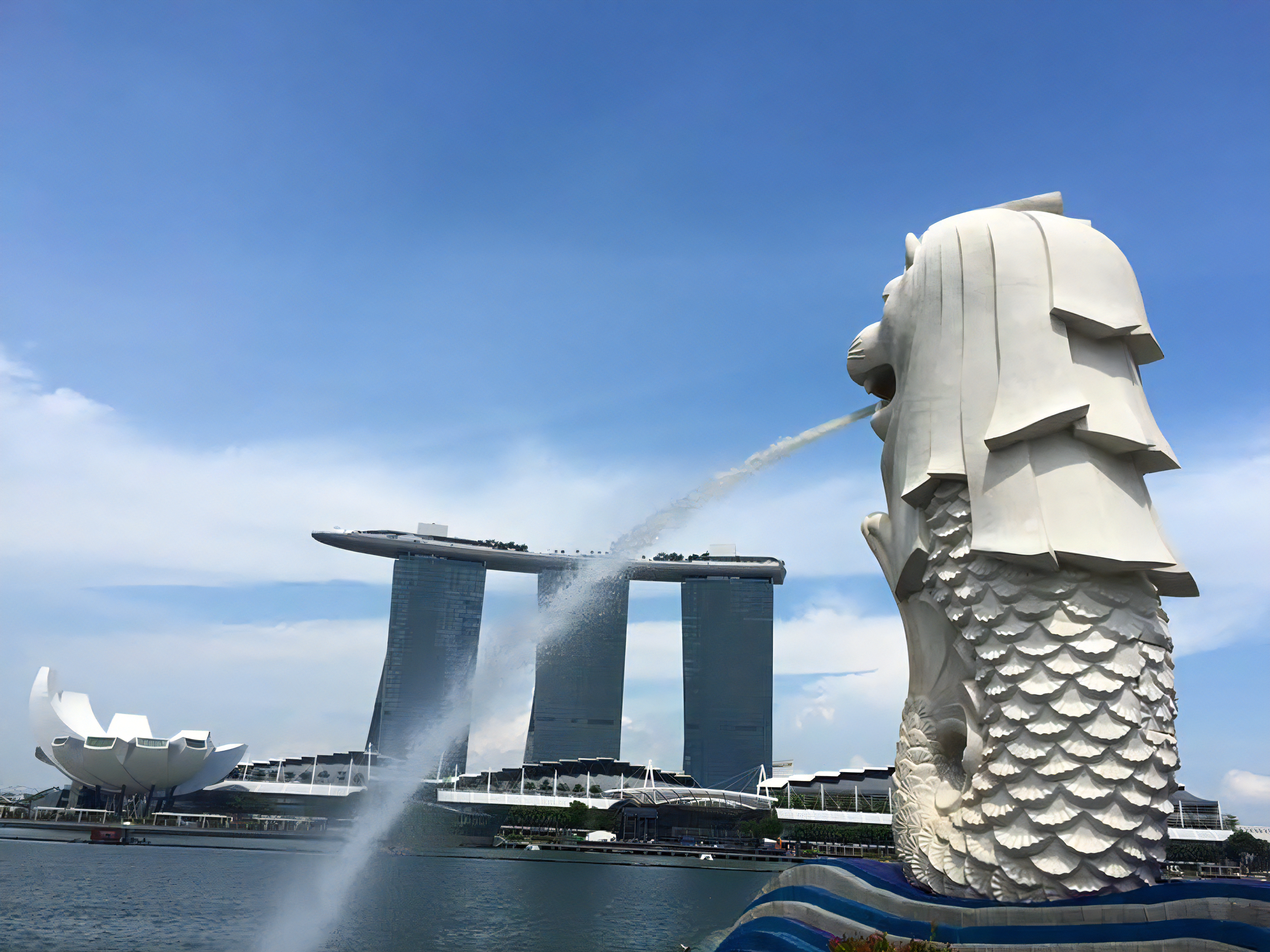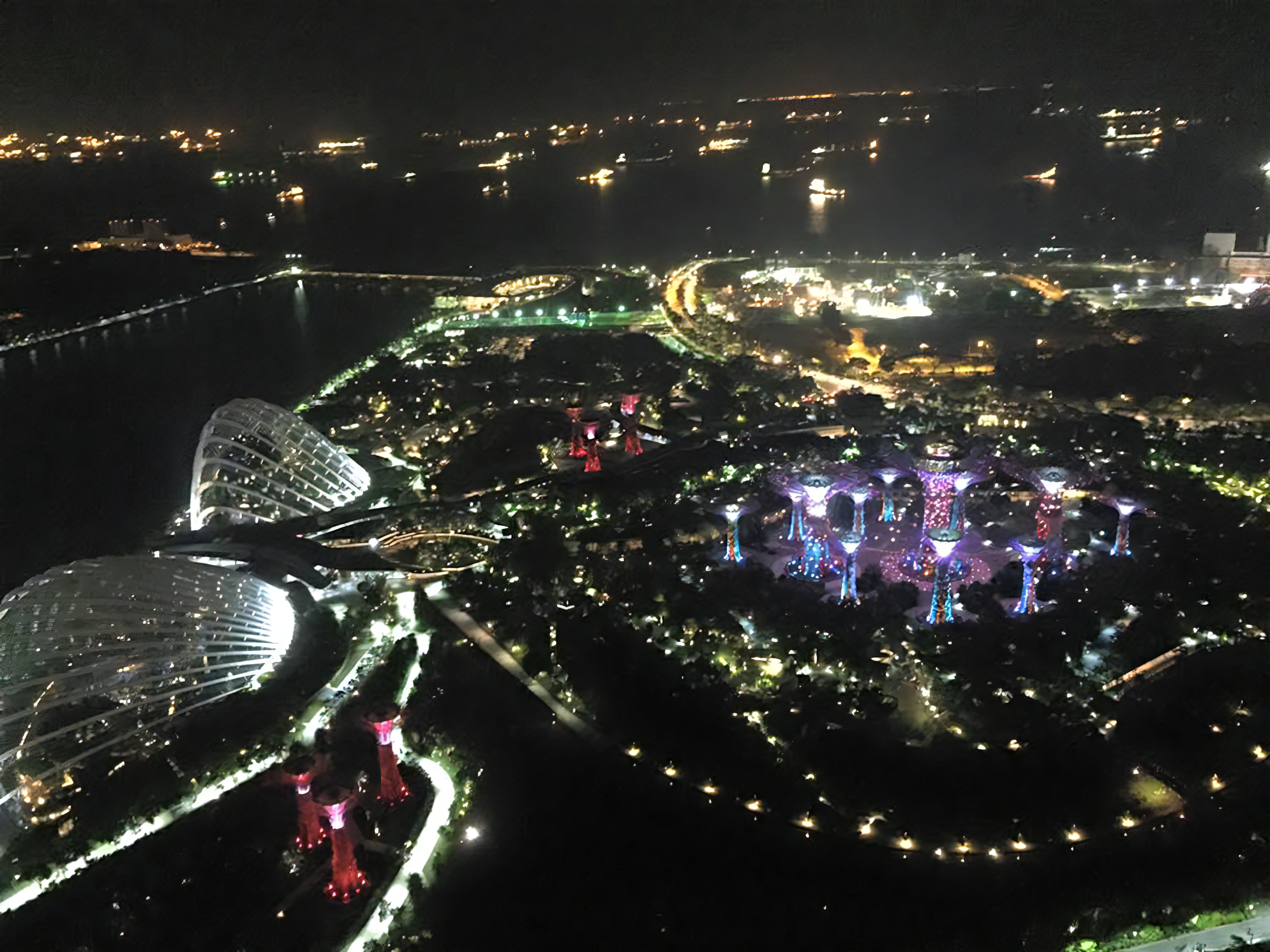In recent years, applications of machine learning for science and technology have been growing under the name scientific machine learning (SciML). Techniques of this field are expected to accelerate essential processes in industry, such as physical simulations and the discovery of new drugs. Although more and more researchers and industrial companies are paying attention to this research area, there are still few opportunities to communicate with each other.
This workshop aims to introduce the latest results in this field and to provide opportunities to meet, interact and start collaboration. More specifically, this workshop has the following aims:
- to present the latest research in scientific machine learning to clarify the benefits of the techniques in this field to the audience.
- to provide a platform for the research groups in this area to meet, interact and start closer collaboration.
- to provide a platform particularly for young researchers to present papers, and to interact with researchers in this field.
This workshop covers research topics on machine learning and/or scientific computation and/or its industrial applications. More specifically, topics will include, but are not limited to:
- machine learning for scientific computing
- machine learning methods for physical model discovery
- physics-informed neural networks
- operator learning
- applications of the above to industrial issues, such as
- control theory,
- computational fluid dynamics,
- computational electromagnetics,
- drug discovery
Program
- 14:30-15:00 Invited Talk: Takashi Matsubara (Hokkaido University)
- 15:00-15:40 Keynote Talk: Nikola Kovachki (NVIDIA)
- 15:40-16:20 Keynote Talk: Christopher Rackauckas (Massachusetts Institute of Technology)
- 16:20-16:40 Contributed Presentations (Oral)
- Towards Foundation Models for the Industrial Forecasting of Chemical Kinetics
Imran Nasim (IBM), Joao Lucas Almeida (IBM) - Pre-training in a potential flow for extrapolation
Benjamin Y. J. Wong (National University of Singapore), Boo Cheong Khoo (National University of Singapore) - 16:40-17:00 Contributed Presentations (Poster)
- Dynamic mode decomposition to identify magnetohydrodynamic waves in planets
Kumiko Hori (National Institute for Fusion Science), Steven Tobias (University of Leeds) - Optimizing a deep-learning model for parameterizing submesoscale phenomena in an ocean simulator
Rin Irie (NTT), Helen Stewart (NTT), Tsuneko Kura (NTT), Masaki Hisada (NTT) - Deep Dynamics Modeling of Interactions in Insect Group Behavior
Keigo Tsutsui (Osaka university), Phuoc Thanh Tran-Ngoc (Nanyang technological university), Hirotaka Sato (Nanyang technological university), Takashi Matsubara (Hokkaido university) - Learning ocean subgrid parameterizations with temporal unrolling in a differentiable solver
Fei Er YAN (HKUST), Julien Le Sommer (CNRS), Julian Mak (Hong Kong University of Science and Technology) - Explainable AI for Defect Detection during Additive Manufacturing
Wenkai Tan (University of Maryland, Baltimore County), Jayaprakash Shivakumar (Embry-Riddle Aeronautical University), Rishikesh Srinivasaraghavan Govindarajan (Embry-Riddle Aeronautical University), Nicholas Reed (Embry-Riddle Aeronautical University), Daewon Kim (Embry-Riddle Aeronautical University), Eduardo Rojas (Embry-Riddle Aeronautical University), Yongxin Liu (Embry-Riddle Aeronautical University), Houbing H Song (University of Maryland, Baltimore County) - Improved input points estimate for identifying nonlinear dynamic systems in DeepONet
Dehami Kiryu (Kobe University), Baige Xu (Kobe University), Takaharu Yaguchi (Kobe University) - Estimate epidemiological parameters given partial observations based on algebraically observable PINNs
Mizuka Komatsu (Kobe University) - Harnessing GNN for Unpaired Data Analytics in Scientific Computing
Vijayalakshmi Saravanan (USD), Sai Karthik N (Lawrence Berkeley National Lab), Khaled Z Ibrahim (Lawrence Berkeley National Lab) - Learning Coupled Systems and their Connectivity Using Port-Hamiltonian Neural Networks
Razmik A, Khosrovian (Osaka University), Takaharu Yaguchi(Kobe University), Takashi Matsubara(Hokkaido University) - 17:00-17:30 Invited Talk: Yeonjong Shin (North Carolina State University)
- 17:30-18:00 Invited Talk: Sølve Eidnes (SINTEF Digital)
Call for papers and submission guidelines
We welcome paper submissions from all related areas with the above topics. This conference will be organized in a similar format to workshops of the major AI conferences, that is,
- Submitted papers will be reviewed by the Program Committee, and the accepted papers will be made available on the website. However, authors retain the right to publish elsewhere.
- Submission of papers that are under review or have been recently published in a conference or a journal is allowed.
- Each accepted presentation will be assigned to either an oral presentation or a poster presentation, according to the review reports.
- Abstract submission: If you opt for a poster presentation, you should just submit a title and an abstract with no more than 200 words.
- Paper submission: If you want your paper to be a candidate for an oral presentation, a paper submission is required.
- Each accepted paper will be assigned to either an oral presentation or a poster presentation, according to the review reports.
- A paper should not exceed 2 pages, excluding references and supplementary materials.
- All submissions must be in the pdf format based on the SMLIA style file. Please see template.pdf in the SMLIA style file for other details.
How to submit a paper
Please submit your paper via Microsoft CMT: https://cmt3.research.microsoft.com/SMLIA2024
- If you opt for the abstract submission, please do not submit a pdf, but put your abstract in the Abstract box.
Important Dates
- Submissions due: May 3, 2024 (AoE)
- Notification to authors: May 12, 2024 (AoE)
Organizers
- Takaharu Yaguchi (Kobe University)
- Naonori Ueda (RIKEN)
- Mizuka Komatsu (Kobe University)
- Kumiko Hori (National Institute for Fusion Science)
- Yuhan Chen (Kobe University)
- Baige Xu (Kobe University)
Acknowledgments
This workshop is supported by JST CREST Mathematical Information Platform "Structure Preserving System Modeling and Simulation Basis Based on Geometric Discrete Mechanics" and by JST ASPIRE "Deep scientific computing: integration of physical structure and deep learning through mathematical science." This workshop is related to MSCA - Staff exchanges project: Research Exchanges in the Mathematics of Deep Learning with Applications (REMODEL.)


